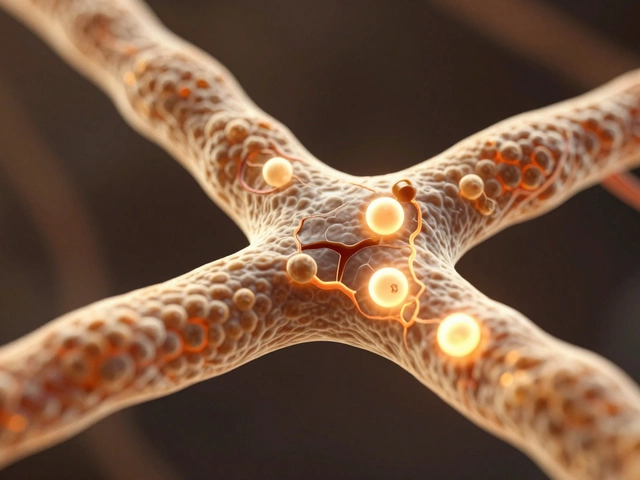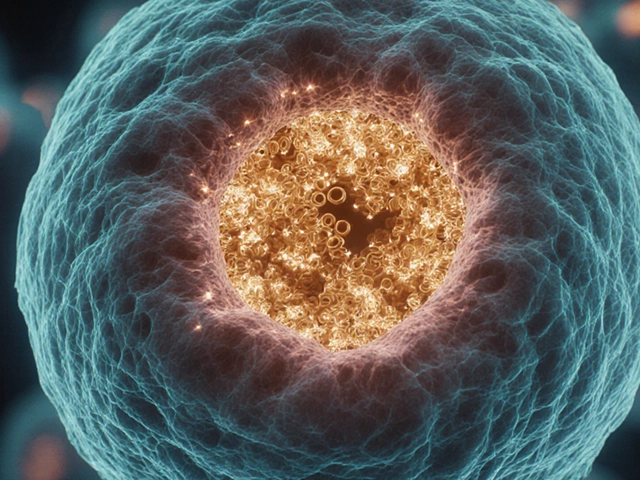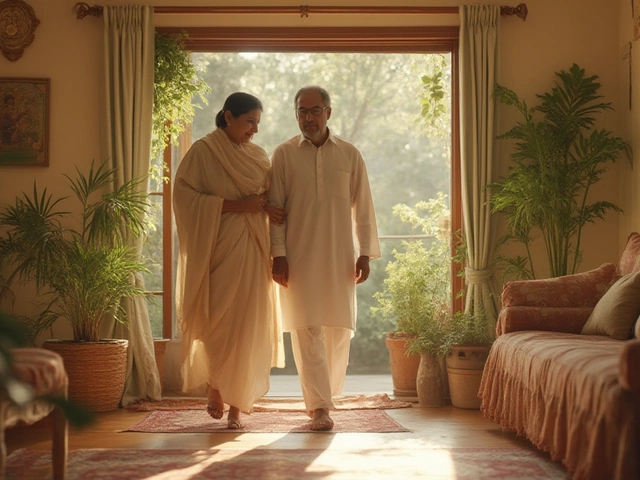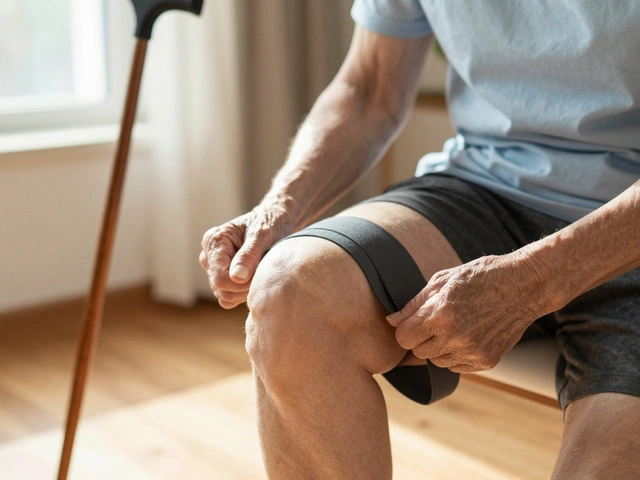Coffee and Your Medicines: Simple Facts Everyone Should Know
Most people in India start their day with a cup of chai or coffee. It feels great, but coffee can change how your medicines work. Understanding that link helps you stay safe and enjoy your brew without surprise side effects.
How Coffee Affects Common Medications
Coffee contains caffeine, a stimulant that speeds up heart rate and raises blood pressure for a short time. If you take blood‑pressure pills, that little boost can make the drug seem less effective. Doctors often suggest cutting back on coffee if you’re on beta‑blockers or ACE inhibitors.
Antibiotics like ciprofloxacin and levofloxacin are another group to watch. Caffeine can increase the chance of feeling jittery or having stomach upset when you take these antibiotics. If you notice extra tremors, try swapping your morning coffee for herbal tea while you finish the course.
Some antidepressants, especially SSRIs, can cause insomnia. Adding caffeine on top of that may push you into sleepless nights. If you’re on fluoxetine or sertraline, limit coffee after 2 pm to keep your sleep steady.
Thyroid medicines such as levothyroxine need an empty stomach for proper absorption. Coffee can block about 30 % of the dose if you sip it right after the pill. The safest move is to wait at least 30 minutes before you enjoy your cup.
People with diabetes often use metformin. Caffeine can raise blood sugar a bit, making glucose control trickier. Keep an eye on your readings when you add extra coffee, and talk to your doctor if spikes become common.
Safe Tips When You Love Coffee
First, know your dose. A standard Indian filter coffee is roughly 80 mg of caffeine; a strong instant coffee can reach 120 mg. Most adults handle up to 400 mg daily, but if you’re on multiple meds, lower is safer.
Second, time it right. Take medicines that need an empty stomach first thing in the morning, then wait half an hour before the coffee. For meds that should be taken with food, you can have your coffee with breakfast – just keep the amount moderate.
Third, watch for symptoms. If you feel a racing heart, shaky hands, or new stomach pain after a coffee‑medicine combo, note it and tell your pharmacist. A quick check can prevent bigger problems.
Finally, consider alternatives. Decaf coffee still offers the taste without most of the caffeine, and many Indian teas have lower caffeine levels. Switching a few days a week can give your body a break while you stay on track with your treatment.
Bottom line: Coffee isn’t the enemy, but it can interact with a lot of drugs you might be taking in India. Knowing which medicines are sensitive and timing your brew can keep you healthy and happy. If you’re unsure, ask a doctor or pharmacist – a short chat can save a lot of hassle later.

Can We Drink Coffee While Taking Ayurvedic Medicine? What You Need to Know
Ever wondered if your love for coffee clashes with Ayurvedic medicine? This article breaks down how coffee may interact with herbs, what Ayurveda has to say about caffeine, and when it's safe or risky to mix the two. Get tips from everyday habits and learn how timing, personal constitution, and lifestyle choices play a big role. Don’t miss practical advice to make sure your morning brew doesn’t ruin your wellness journey. Clear, actionable info—no fluff, all facts.

What is the best vitamin to repair nerve damage?
Feb, 24 2026



